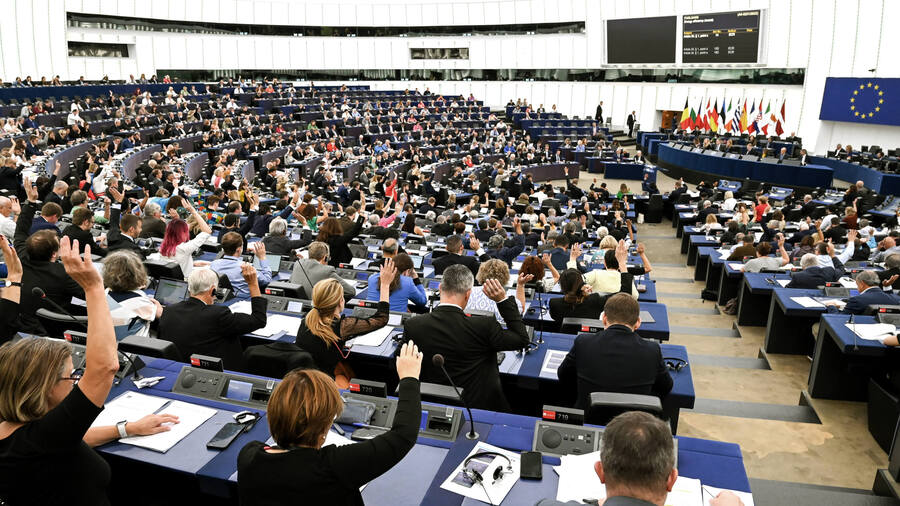|
Getting your Trinity Audio player ready...
|
As the European Union continues its journey towards shaping and implementing legislation on artificial intelligence (AI), the European Parliament’s Legal Affairs committee (JURI) has taken a notable step forward. According to reliable sources, JURI has formally requested membership in the cross-parliamentary working group that will oversee the implementation of the AI Act.
The move signals the increasing importance of AI regulation across multiple sectors, including legal and civil liberties domains. Initially, the working group was set to include only the Internal Market and Consumer Protection (IMCO) and Civil Liberties, Justice and Home Affairs (LIBE) committees, but with JURI’s inclusion, the scope of parliamentary oversight may broaden.
The AI Act: Setting the Framework for AI Regulation
The AI Act, which officially came into force in August 2024, is groundbreaking legislation aimed at regulating AI systems based on the level of risk they pose to society. This comprehensive law categorizes AI systems into various risk categories — from minimal to high-risk — and mandates stricter oversight for those deemed to have significant social and ethical implications.
For instance, general-purpose AI rules will become applicable one year from the law’s enactment, while obligations for high-risk systems will be phased in over the next three years. These timelines give businesses and regulators alike time to adjust and comply with the complex, multi-layered regulations.
The AI Act mirrors previous EU legislative efforts to regulate the digital space, such as the Digital Services Act (DSA) and Digital Markets Act (DMA), both of which had similar cross-parliamentary working groups during their legislative journeys. These groups focus on ensuring the effective implementation of the rules, overseeing delegated acts, and maintaining a channel for discussions between the European Commission, lawmakers, and industry stakeholders.
JURI’s Request for Involvement: A Growing Role for Legal Oversight
JURI’s interest in joining the AI Act working group highlights the increasing legal complexity surrounding AI technologies. As AI systems become more integrated into legal and regulatory frameworks, issues such as intellectual property, liability, and data protection become more pronounced. JURI’s expertise in these areas could prove crucial in ensuring that the implementation of the AI Act addresses potential legal ambiguities and provides clear guidelines for AI developers and users.
The next meeting of the IMCO committee, scheduled for October 14, is expected to address the composition of the working group, including whether JURI will be granted a formal seat at the table. If accepted, the Legal Affairs committee would join the core group that oversees the application of the AI Act, working closely with lawmakers from IMCO and LIBE to scrutinize the implementation process.
